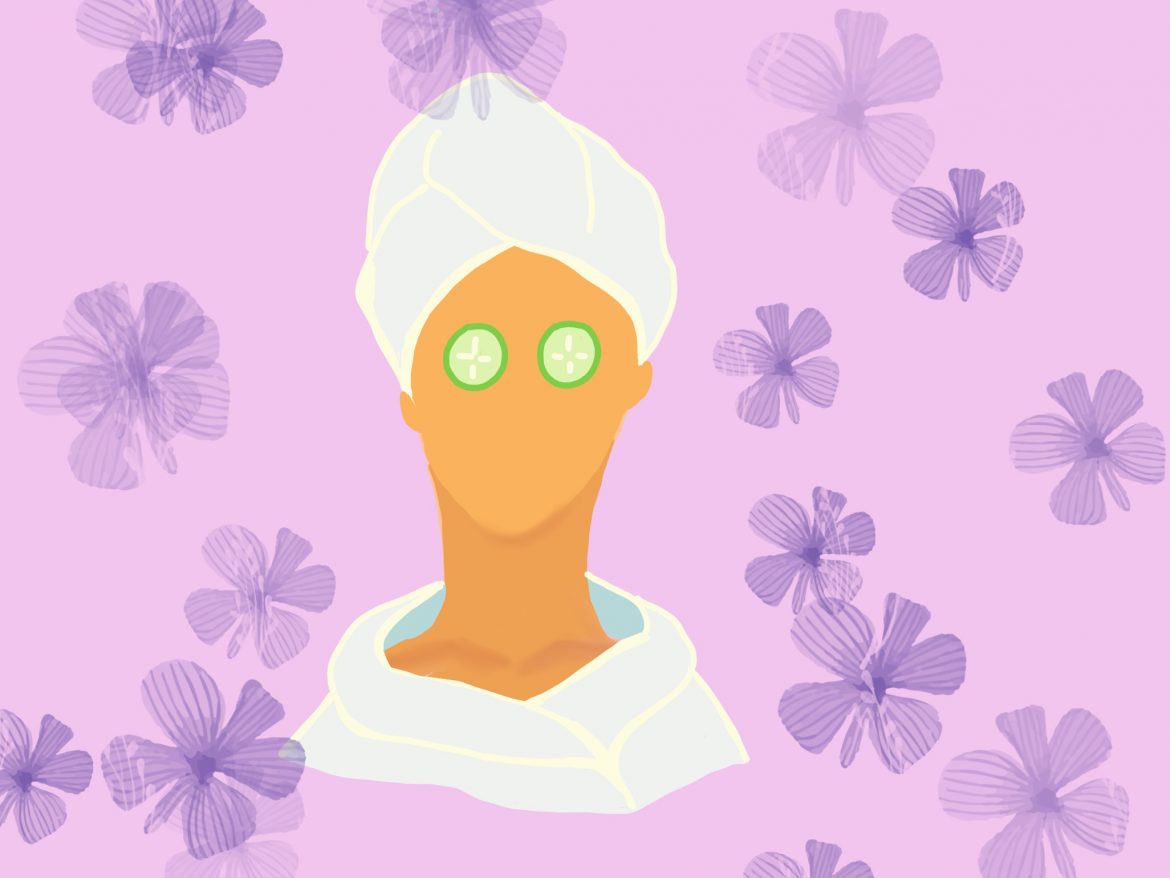Well-being in the Context of Faith
By Mahisa Thayalan and Jonas Cardenas, Logos Editor
More than a year of COVID-19 has taken a toll on daily life, changing the social fabric of society and imparting new norms and conventions that we now accept as legitimate. The pandemic is shaping the collective personal experiences of younger generations, perhaps generating assumptions and attitudes that will determine the future. The pandemic has also amplified and brought attention to a number of conditions and facets of human experience: depression, mental health, social anxiety, loneliness, idleness, etc. With the beginning of the outbreak, few were prepared for what the contagion’s consequences would mean for the individual and society at large. In many ways, the pandemic has drained our capacity to attend to what we find important: family, friendship, relationship, schooling, recreation, and so much more. Altogether, we desire to find an end to the current sufferings felt by the pandemic and its repercussions on our livelihoods in the past year. Hope is offered in Christ, independent of however long the current crisis lasts, or any other psychological and emotional conditions affect us for that matter. He says, “Come to me, all who labour and are heavy laden, and I will give you rest. Take my yoke upon you, and learn from me; for I am gentle and lowly in heart, and you will find rest for your souls” (RSVCE, Mt. 11:28-29).
We must constantly be reminded that weakness and fragility are elements of the human experience. Failure and sin are also features that we must take into account. Despite these, as Christians, we find that there is something dignified to our humanity that caused God, through the person of Jesus of Nazareth, to enter into, taking up our sufferings and redeeming us. Recall his forty days in the desert and the sorrowful mysteries of His Passion and death. Or take Peter and his doubt, compulsion, and denials across the Gospels. These accounts and others like them testify that weakness is part of the human condition. Human nature is good, but inadequate alone because nature is compromised; nature is elevated by and through grace, which can only be given by God.
This examen is important for orienting ourselves, as people of faith, toward a proper relationship with personal care and health. Too often the secular world mistakes Christianity or Catholicism as an institution that emphasizes the spiritual to the neglect of the bodily. This far from the truth. The Church does affirm the goodness of the body and material because God chose to be human in the Incarnation. Any reduction of the body and matter of importance does not faithfully represent Christian belief. Jesus tells us to “love the Lord your God with all your heart, and with all your soul, and with all your strength, and with all your mind; and your neighbour as yourself” (RSVCE, Lk 10:25-27). Strength can be interpreted in various ways, including that which corresponds to the body.
We are instructed to give our entire being, integrated together, in the worship and adoration of God. That includes attending to our health and well-being, whether it comes to our bodily or mental health. It is dangerous when we fail to attend to our situation, thus falling into to vices such as sloth, gluttony, idleness, and scrupulosity. Taking this into account, we must also avoid narcissism, or the centering of our lives solely on our own health and well-being. Oftentimes we are called to embrace pain and suffering for higher purposes, leading us to sanctity and greatness. As persons of faith, we must situate ourselves where we are called to enter, according to the time and place of our lives, with a holy indifference to the circumstances we find ourselves in. In the final analysis, we should prefer to do the will of God and live up to the portion we are given. Christ asks nothing more than what He already has taken up and continues to do through His church.


